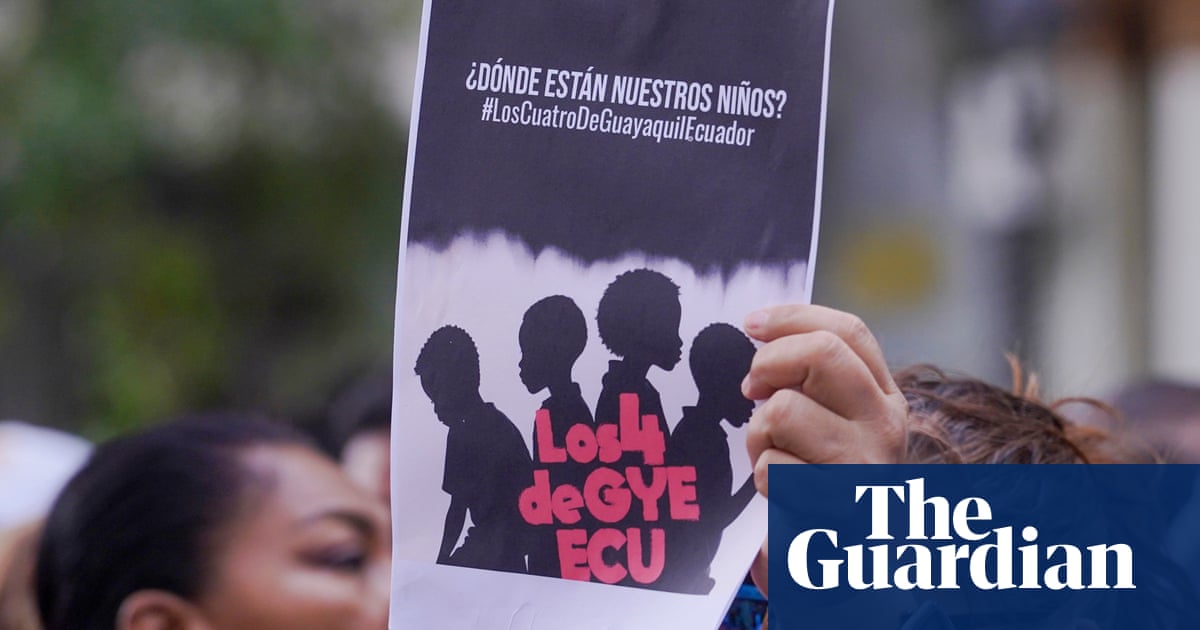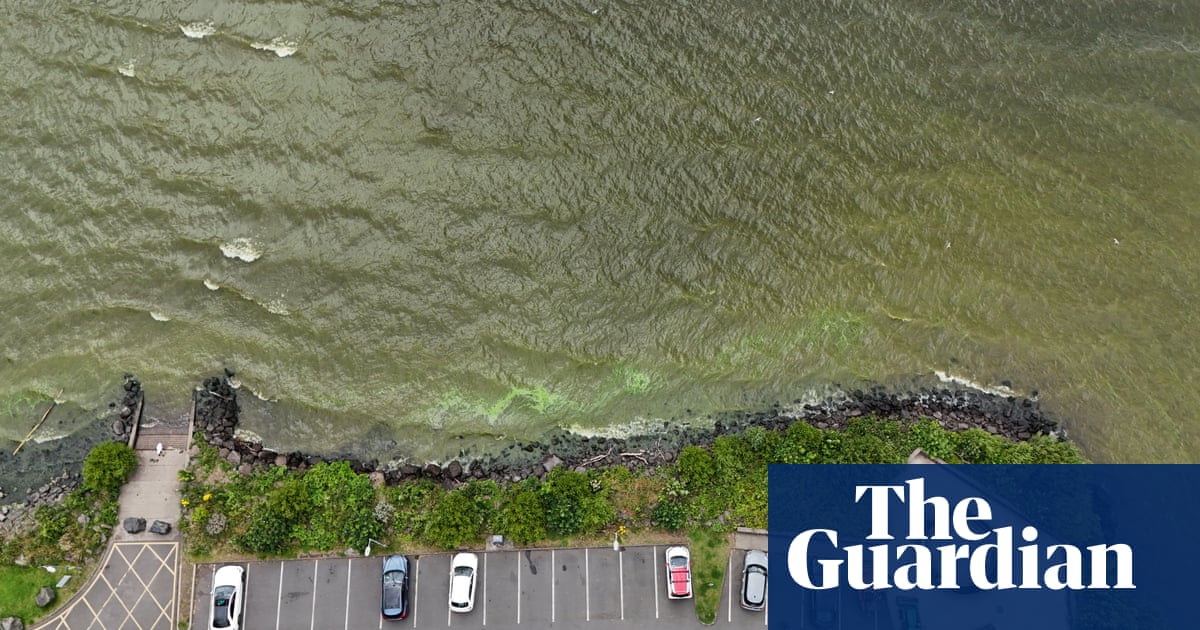Mexico’s president, Claudia Sheinbaum, has confirmed that her government will seek to enshrine a ban on e-cigarettes and vapes in the country’s constitution by the end of the year.
Though the move is driven by public health concerns, it has prompted fears that it would only boost a thriving black market for vapes in the hands of powerful organised crime groups, such as the Sinaloa cartel and Jalisco New Generation cartel.
E-cigarettes and vapes are currently in a legal grey area, after previous bans on their import and sale were challenged in court. But including the ban in the constitution would be definitive.
After its landslide victory in elections last June, Morena, the governing party, has a supermajority in congress that means it can rewrite the constitution at will.
Roughly 1.7 million Mexicans use e-cigarettes and vapes, and the number is rising, with no sign that the attempts to ban them have reduced consumption.
There are currently two markets for such products. Legal companies import more expensive vapes sold, for example, in convenience stores. Then there are the cheaper vapes that are sold more informally, for example by street vendors.
Óscar Balderas, a journalist who has investigated the issue, estimates that the latter market constitutes 90% of vapes sold in Mexico – and it is controlled by organised crime.
“These vapes are brought by organised crime from China, India and even Bangladesh,” said Balderas. “They might bring them by boat to Central America, entering through the southern border and paying bribes to get to Mexico City, then they are distributed across the country.”
Balderas estimates that this black market is worth 5bn pesos a year, or roughly £200m ($260m). “And organised crime is getting all of that. It’s a sack of cash for them.”
There is also violence associated with the business, as crime groups assert their control by punishing those who sell vapes without their permission.
Another problem is that such contraband products are entirely unregulated. “The consumer has no idea what they’re putting in their body,” said Balderas. “Some of the cheapest vapes sold in the street have been found to contain mercury.”
And as criminal groups pay no tax on their income, it is left to the public health system to pay for the treatment of any associated illnesses.
If the ban on vapes is elevated to the constitution, these problems would be exacerbated.
The legal market for vapes that still exists would largely pass into the hands of organised crime, meaning the overall market – which continues to grow – would be entirely under their control.
“Organised crime is using this money for bribes, for weapons, for bullets – to finance wars like the one we are seeing in Sinaloa right now,” said Balderas.
The government’s desire to ban vapes did arise from “legitimate concerns”, says Angélica Ospina, an academic who researches drug use and harm reduction.
There are health risks associated with vaping, and their marketing often targets adolescents.
“Theoretically, the vape market is directed at adults who smoke,” said Ospina. “But there is also strategic marketing directed towards young people: the colours, the designs, the flavours.”
However, the move to ban vapes will not address these concerns. “Banning something doesn’t make it safe,” said Ospina. “It only means we don’t see it. It removes it from sight. And that’s a problem – because it throws it in a dark place.”
The alternative to banning vapes would be to regulate them, following the example of alcohol and tobacco, which are monitored by health agencies, taxed and restricted to users over 18.
“We’re adults,” said Balderas. “Maybe we want to drink a few mezcales. We know it’s not as healthy as water – but at least we know it’s been checked and the ingredients are of high quality.”
Balderas suggests that taxes could go straight to the health system, and legal companies could enter the low-cost vape market that is currently dominated by organised crime. “But once organised crime takes a market, it’s very difficult to get it back,” said Balderas.
“We tend to think in terms of markets black and white: the legal and the illegal,” said Ospina. “But really it’s often a grey market, but there are darker and lighter greys. And the issue is how we reduce harm.”

.png) 2 months ago
26
2 months ago
26













































